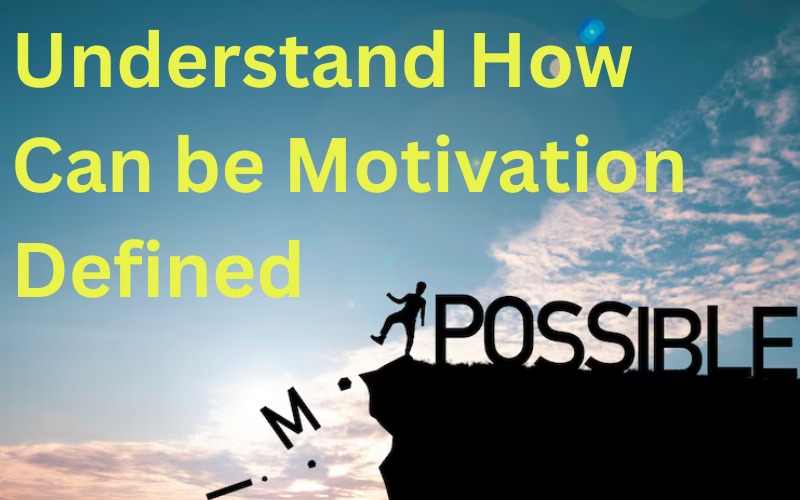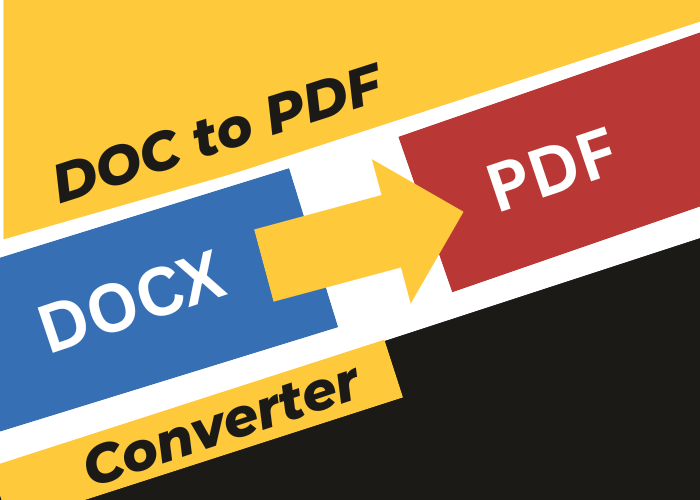Motivation is the process of encouraging and motivating employees to contribute as much as possible to the accomplishment of organisational goals. The psychological energy within an individual that stimulates and forces them to act in a specific way is known as motivation.
It is an inductive process of personal desire for a goal. When a goal is accomplished, human beings are driven to feel satisfied. Employee motivation in the company is influenced by both non-financial and financial elements. To keep yourself motivated you should adapt some of the one line quotes in Hindi, and one line status in Hindi.
Motivation is an Internal Feeling
Since it is a psychological idea, employees cannot be made to adopt it. It is an internal emotion that a person experiences and that drives him to act in a specific way. Needs, desires, drives, and other emotions all have an impact on how people behave.
Motivation Produces Goal-Directed Behaviour
Motivation affects employees’ behaviour in a way that helps them reach their objectives. Both individual and organisational goals can be accomplished with motivation. For instance, a person will put in more effort to accomplish the goals successfully and efficiently if he wants a promotion.
Motivation can be Either Negative or Positive
Positive rewards like more money, incentives, promotions, recognition, etc., or negative ones like punishment or the prospect of a demotion, etc., can serve as motivators.
While negative motivation instils dread in people’s minds to influence their behaviour to act in a desired manner, positive motivation offers incentives for achieving the goal.
Motivation is a Complex Process
Expectations, perceptions, and responses vary widely among humans. Since it is hard to predict people’s conduct, a given motivational style might not have the same impact on everyone. Motivation is therefore a difficult task.
Continuous Process
Because human needs are limitless, meeting one leads to meeting another, and so on. As a result, motivation is an ongoing process that doesn’t stop when a certain need is met.
The Different Types of Motivation
Achievement Motivation
It is the motivation to seek and achieve objectives. An achievement-motivated person aspires to accomplish goals and climb the success ladder. In this case, achievement is valued for its own sake rather than for the benefits it brings.
Affiliation Motivation
It is a desire to connect with others on a social level. When commended for their positive attitudes and collaboration, those with attachment motivation perform better at work.
Competence Motivation
It is the motivation to excel at anything, which enables one to do excellent work. Competence-driven individuals aim for job mastery, take delight in honing and using their problem-solving abilities, and try to be innovative when faced with challenges. They get knowledge from their experiences.
Power Motivation
It is the motivation to sway others and alter circumstances. Power-motivated individuals are prepared to take chances in order to make a difference in their business.
Attitude Motivation
People’s thoughts and feelings are what drive their attitudes. It is their approach towards life, their self-assurance, and their faith in themselves. It’s how people respond to the past and how they feel about the future.
Incentive Motivation
It occurs when an individual or group benefits from an activity. The mindset is one of “you do this and you get that.” These kinds of honours and rewards are what motivate people to put in a little more effort.
Fear Motivation
A person is motivated and forced to act against their will by fear. It completes the task fast and instantly. In the near term, it is beneficial.




